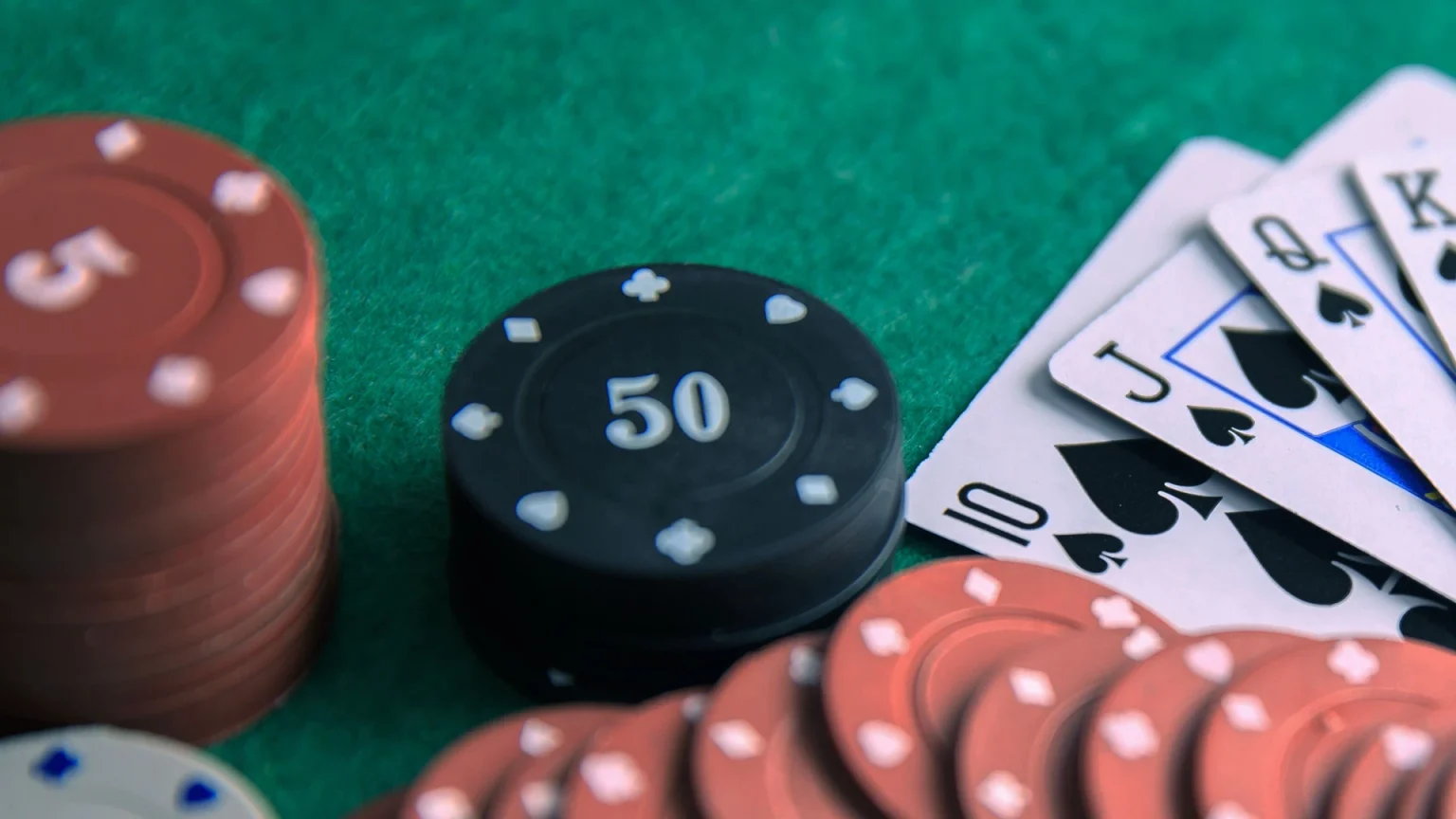The allure of the casino floor, with its flashing lights, rhythmic sounds, and the promise of a big win, has captivated humanity for centuries. While often perceived as a realm of pure chance, the pursuit of an edge has led many to explore the “science” behind non uk casinos accepting uk players betting strategies. From meticulously calculated systems to psychological approaches, players continually seek ways to tilt the odds in their favor, or at least minimize their losses. But to what extent do these strategies truly stand up to scientific scrutiny?
At its core, casino betting is a game of probability. Each game, whether it’s roulette, blackjack, or slots, is designed with a built-in “house edge” – a statistical advantage that ensures profitability for the casino in the long run. This edge is not arbitrary; it’s a meticulously calculated component of the game’s mathematical structure. Understanding this fundamental principle is the first step in deconstructing any betting strategy.
The Mathematical Foundations: Probability and Expected Value
Any rigorous analysis of a betting strategy must begin with probability theory. The probability of any given outcome can be calculated, and from there, the expected value (EV) of a bet can be determined. The EV represents the average outcome of a bet if it were placed an infinite number of times. In a casino game, the EV for the player is almost always negative, reflecting the house edge. For example, in American roulette, the presence of both a single zero and a double zero means the house edge is approximately 5.26%. This means for every $100 wagered, the player can statistically expect to lose $5.26 over time.
Betting strategies, from a mathematical perspective, aim to manipulate the variance of outcomes, rather than fundamentally altering the expected value. No strategy can overcome a negative expected value in the long run.
Popular Betting Strategies and Their Scientific Underpinnings (or Lack Thereof):
- Martingale System: This well-known strategy involves doubling your bet after every loss, with the aim of recouping all previous losses and winning a small profit when you eventually win. While seemingly logical in the short term, the Martingale system faces significant scientific challenges.
- Scientific Critique: The primary flaw is the exponential growth of bets, leading to a point where the player either hits the table limit (preventing further doubling) or runs out of money. Even with unlimited funds and no table limits, a losing streak, however improbable, will eventually bankrupt the player due to the sheer magnitude of the required bet. The expected value of each individual bet remains negative, and doubling a negative expected value simply leads to a larger negative expected value.
- Card Counting (Blackjack): Unlike most casino games, blackjack can offer a slight player advantage under specific circumstances, primarily through card counting. This strategy involves tracking the ratio of high-value cards to low-value cards remaining in the deck.
- Scientific Basis: Card counting has a legitimate mathematical basis. When the deck is rich in high cards (10s, Jacks, Queens, Kings, Aces), the player’s probability of getting a blackjack increases, as does the dealer’s probability of busting. Expert card counters adjust their bets and playing decisions based on this changing probability, shifting the expected value of their plays from negative to positive. However, casinos actively counteract card counting through multiple decks, frequent shuffling, and surveillance.
- D’Alembert System: This strategy involves increasing your bet by one unit after a loss and decreasing it by one unit after a win. It’s a less aggressive progression than the Martingale.
- Scientific Critique: Like the Martingale, the D’Alembert system does not alter the underlying negative expected value of the game. While it may appear to smooth out volatility in the short term, the house edge remains constant, ensuring long-term losses.
- Fixed Percentage Betting: This strategy involves betting a fixed percentage of your current bankroll. For example, always betting 1% of your remaining money.
- Scientific Perspective: This strategy is more about bankroll management than gaining an edge. It helps to prolong play and reduces the risk of ruin compared to aggressive betting. However, it still operates within the confines of the negative expected value of the game and does not guarantee profit.
Beyond Mathematics: Psychological Factors and Cognitive Biases
The science of casino betting also extends into the realm of psychology. Human behavior is rife with cognitive biases that can influence betting decisions, often to the player’s detriment.
- Gambler’s Fallacy: The mistaken belief that past events influence future independent events (e.g., after a series of reds in roulette, black is “due”). Scientifically, each spin of the roulette wheel is an independent event with the same probabilities.
- Confirmation Bias: The tendency to seek out and interpret information that confirms pre-existing beliefs, often leading players to focus on winning streaks and dismiss losing ones.
- Loss Aversion: The psychological phenomenon where the pain of losing is felt more strongly than the pleasure of an equivalent gain, which can lead to chasing losses or making irrational bets.
- Illusion of Control: The belief that one can influence outcomes that are purely random (e.g., throwing dice “correctly”).
Conclusion: The Enduring House Edge
While sophisticated mathematical models and psychological insights can illuminate the mechanics of casino games, the overwhelming scientific consensus is that no betting strategy can consistently overcome the inherent house edge in the long run. The only exception remains genuine skill-based advantages like card counting in blackjack, which are actively countered by casinos.
The “science” of casino betting strategies, therefore, lies not in finding a magic bullet for guaranteed wins, but rather in understanding the probabilities, managing one’s bankroll effectively, and being acutely aware of the psychological biases that can cloud judgment. For most, casino gambling remains a form of entertainment, and approaching it with a clear understanding of its probabilistic nature is the most scientifically sound strategy of all.



